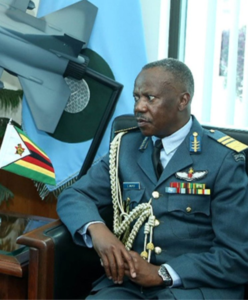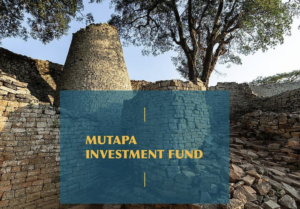ZIMBABWE’S BONUS SCHEME FOR CHIEFS POST-ELECTIONS SPARKS DEBATE

In the aftermath of President Emmerson Mnangagwa’s contentious victory in the 2023 elections, the Zimbabwean government has made a striking decision that’s currently the subject of heated debate. This controversial move involves authorizing a significant bonus scheme for traditional chiefs, widely perceived as a gesture of gratitude for their active role in campaigning. Coming just two months following the elections, this decision has ignited a wave of criticism and raised probing questions about the motives behind this sudden display of generosity.
The backdrop of this development is President Mnangagwa’s victory, which was shrouded in controversy, with persistent allegations of electoral malpractices and manipulation. Notably, the involvement of traditional chiefs in the campaign process, particularly in rural areas and in conjunction with Zanu PF’s affiliate group, Faz, became a focal point of contention. Critics have pointed out that the chiefs’ backing of Mnangagwa and his party played a pivotal role in swaying rural voters, thus contributing to the post-election tensions.
The introduction of a sliding scale of bonuses for these traditional leaders is viewed by some as a quid pro quo – a reward for their loyalty and efforts in ensuring Mnangagwa’s triumph. While this move is within legal boundaries, it nevertheless raises ethical concerns and further deepens the divisions in Zimbabwe’s already strained political landscape.
The involvement of traditional leaders in Zimbabwean politics has long been a contentious issue. The constitution mandates that chiefs should remain apolitical, acting as custodians of culture and tradition. However, the reality often strays from this constitutional ideal, with many chiefs actively engaging in politics and aligning themselves with the ruling party. Such alignments, critics argue, compromise the expected neutrality of traditional leaders, thereby impacting their ability to impartially serve their communities.
The recent bonuses extend beyond a mere financial matter; they represent a significant political statement. This gesture signals the government’s recognition and appreciation of the chiefs’ support, effectively cementing their allegiance to the ruling party. The implications of this move could be far-reaching, especially in rural Zimbabwe, where traditional leaders hold considerable sway.
Furthermore, the controversy surrounding these bonuses shines a light on broader issues of governance and democracy in Zimbabwe. Utilizing state resources to reward political loyalty, particularly in a nation struggling with economic challenges, sparks a debate. It raises critical questions about the prioritization of political interests over the more pressing needs of the populace.
This development also occurs at a juncture where the integrity of Zimbabwe’s electoral process is under intense scrutiny. The involvement of traditional leaders in the political process and their subsequent compensation can be interpreted as an erosion of the democratic principles that should underpin elections. It reflects a pattern in which electoral success is often followed by actions that consolidate power and reward loyalty, occasionally at the cost of democratic norms.
In conclusion, the Zimbabwean government’s decision to grant bonuses to traditional chiefs following the 2023 elections is a complex issue. It encapsulates the intricate relationship between traditional authority and politics in Zimbabwe, the challenges of upholding democratic principles in a politicized environment, and the ramifications of such actions on governance and the future political dynamics of the country. As Zimbabwe moves forward, the role of traditional leaders and their political involvement will continue to be a critical factor to monitor, especially in understanding the evolving nature of Zimbabwean democracy and governance.



